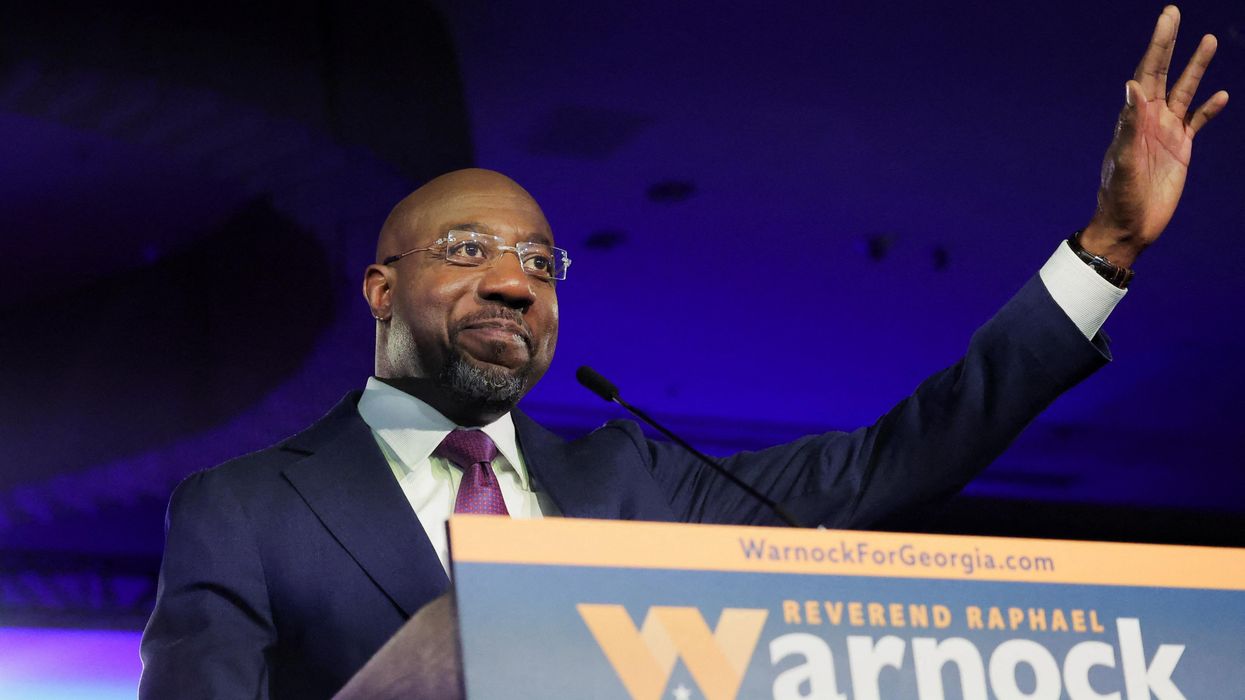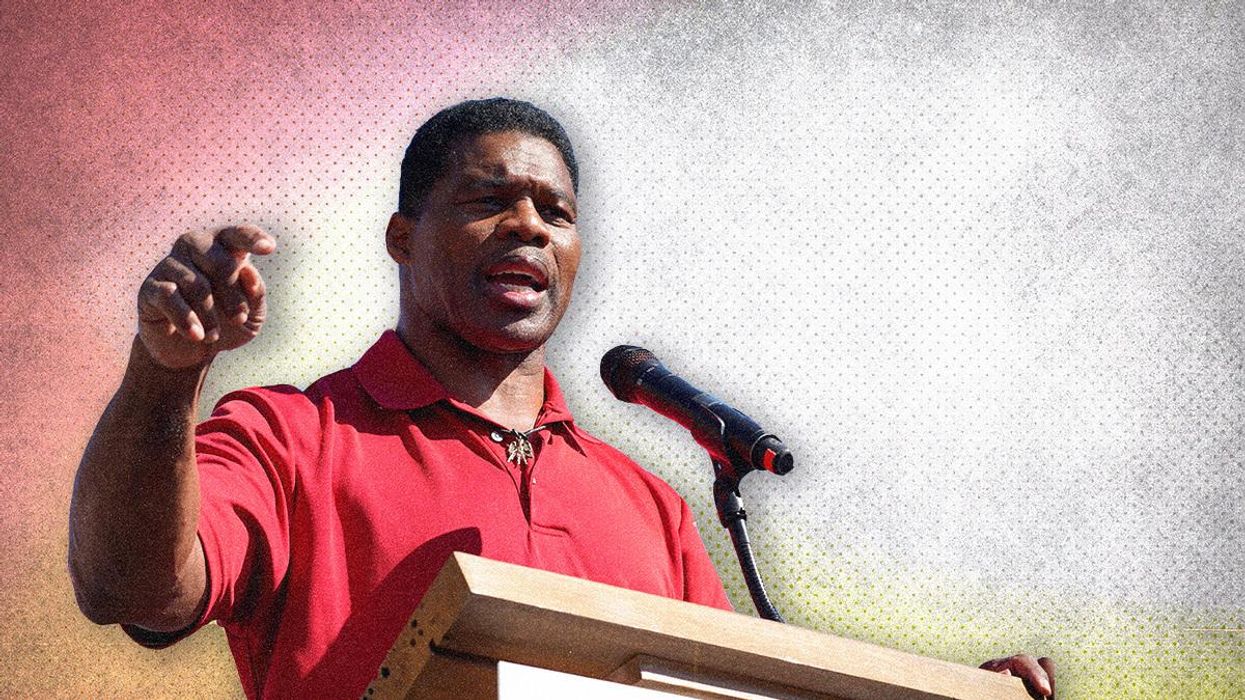US Politics In 60 Seconds
Warnock's Georgia victory: Dems control every Senate Committee
What does the Democratic win in the Georgia Senate race mean? Jon Lieber, head of Eurasia Group's coverage of political and policy developments in Washington, DC shares his perspective on US politics.
Dec 07, 2022





